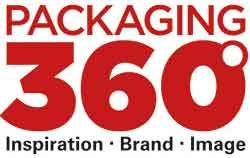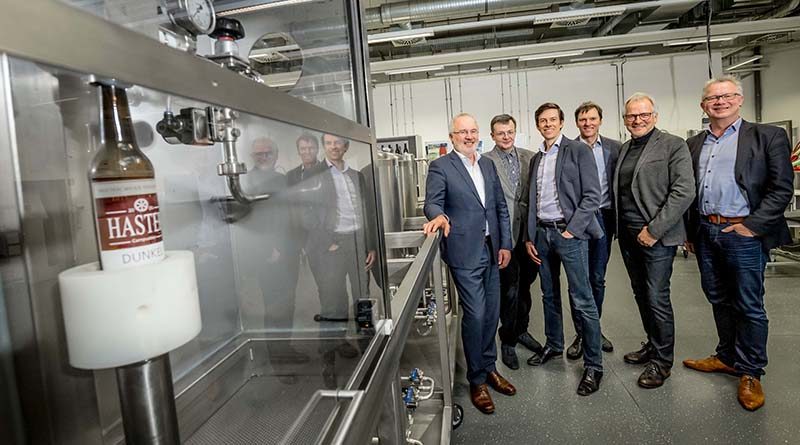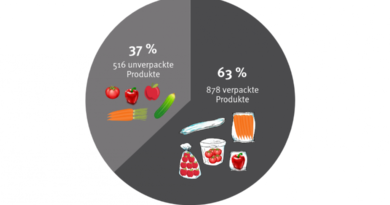Cross-linking of Research and Practice
How can food be produced more sustainably? And what role will packaging play in the future? The “Food Future Lab” of the University of Osnabrück/Campus Haste wants to answer questions like these in close cooperation with practical experience.
Prof. Dr. Ulrich Enneking, Professor of Agricultural Marketing and contact person for the research project, has a clear objective: “The end result should be innovative solutions for sustainable food products and packaging that are accepted on the market and help reduce packaging-related environmental pollution and food waste.” The Food Future Lab stands on three pillars: The first is an endowed professorship for “Sustainable Food and Packaging Technology.” The aim is to design more sustainable food processes, but also to find new packaging solutions. Innovative, for example non-fossil materials are only one focus of the research. In the same way, the function of packaging as an information carrier is to be rethought – so that consumers can be informed more effectively, more comprehensively and more conveniently about the contents and origin.
With four food-related courses of study, the university offers good conditions for the research project, with practical application always playing a role. Since 2009, for example, it has been possible to buy campus beer brewed by students via the university’s own online shop – and now it is also planned to integrate the shop into the new project. In the “Market and Society” real-life laboratory, which forms the second pillar of the Food Future Lab, prototypes of packaging solutions will be tested for their acceptance. In other words, the product innovations will be brought to the market in real life and will be sold via the online shop, which will also be expanded into a research and teaching marketplace.
Finally, the third pillar is the reality lab “Innovation, Entrepreneurship and Agile Leadership”, which aims to develop ideas for products, processes and business models, which in the best case will lead to the founding of new companies. “In the workshops, students and employees from the regional food industry are expected to work together on innovations and generate ideas,” said Enneking. In addition, students will be encouraged to develop product and packaging innovations in their final theses and beyond. This research project is made possible by funding totalling more than 1.3 million Euros. Almost 900,000 Euros were provided by the Dieter Fuchs Foundation and more than 400,000 Euros by the Aloys & Brigitte Coppenrath Foundation.




